The school year 2014-2015 ended Friday, June the 19th in the four agricultural colleges FeKAMa (Federation of Agricultural Colleges of Madagascar). It is marked by the release of 72 young people (out of the 300 trainees) who have completed three years of training and will implement professional project they have developed during their course.
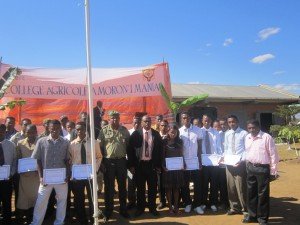 |
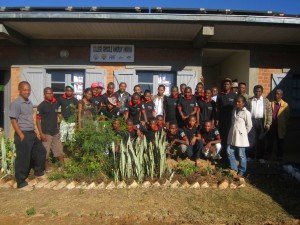 |
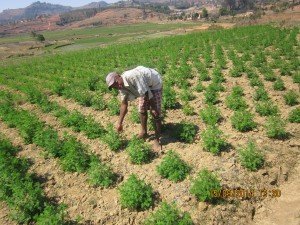 |
This school year has been rich in initiatives developed by colleges:
- Continuing education for 92 young people with no schooling to Ambondromisotra;
- Acquisition of teaching materials in Bezezika but also for boarding and farming;
- Project production of bamboo plants to Befandriana,
- Participation in the development of a comic book on fish farming in Ambalavao.
After a long national holiday weekend (June 26th), the time has now come for trainers of colleges to prepare their annual report. The technical team also refines FeKAMa final preparations for the educational meeting of four colleges that will take place from 06th to 16th of July. An annual event that has become a key strategic moment.
Four groups of actors participate in this group:
- Trainers and extension agents stationed in colleges;
- Representatives of leavers,
- Trainees who are studying for becoming agricultural instructors,
- Elected farmers of FeKAMa.
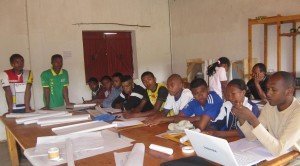 |
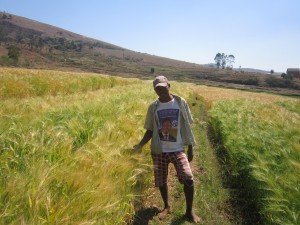 |
Some specific themes will be discussed with the teams and elected during the consolidation:
- A look back at 12 years of agricultural colleges and the prospects and challenges for the coming years;
- Debates from the first analyzes of the study on the characterization of the impacts of training and coaching outgoing (study by a pair of two trainees IRC SupAgro and the Athenaeum St Joseph University Antsirabe);
- A review of three years of renovation of the training manual and prospects with the national framework being developed;
- The continuing reflections on this action of training and developments that partners, particularly Fifata, FeKAMa, Fert and CNEAP, propose to make for the period 2016-2018 and the mobilization of necessary financing.


